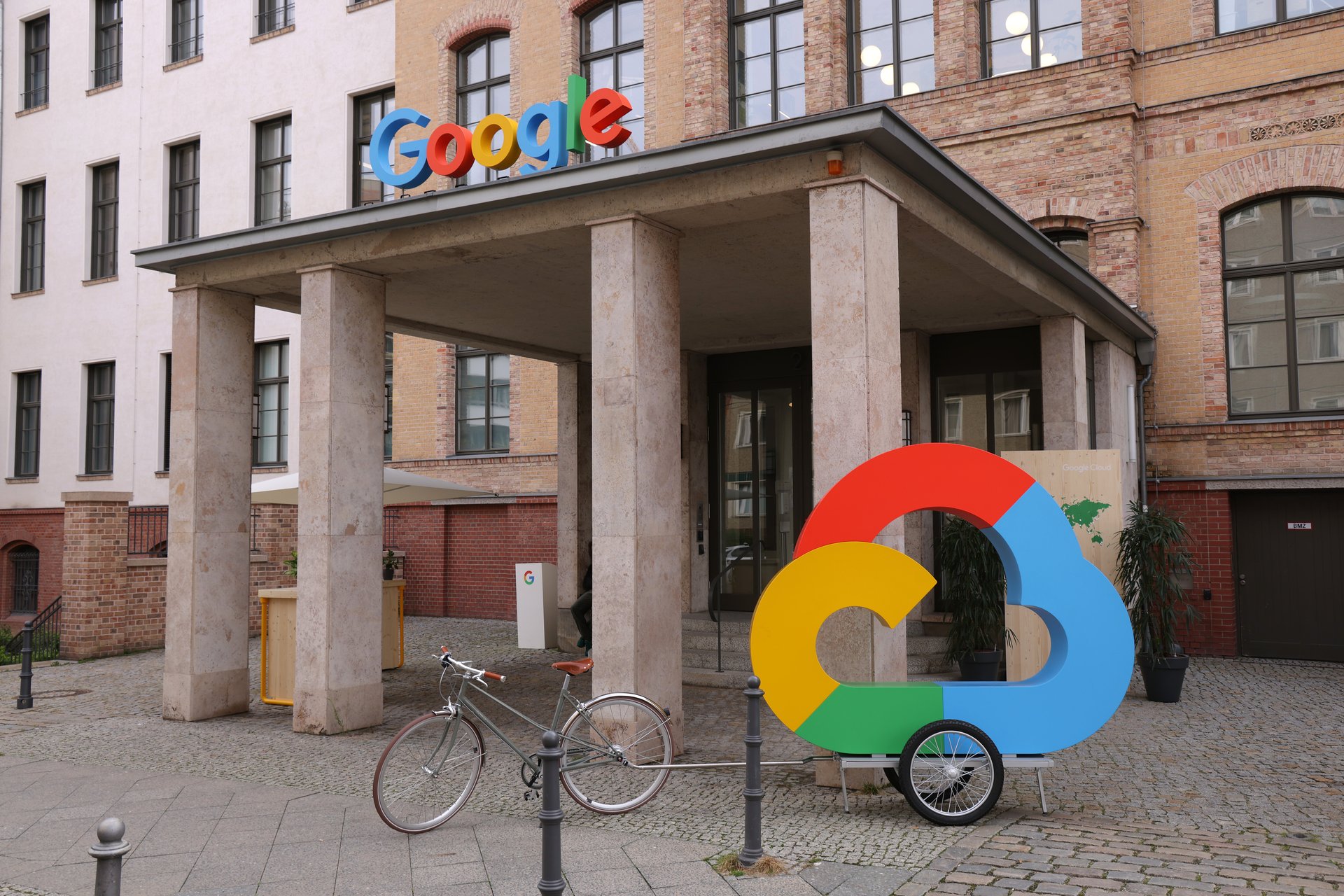Google's revenue tops Wall Street's expectations — and the stock climbs
The company posted 12% revenue growth, a 46% net income increase, and earnings of $2.81 per share

No need to pull up your browser to search “strong quarter” — Google (GOOGL) parent Alphabet has the answer. The company’s first-quarter report beat Wall Street’s consensus expectations Thursday after the bell.
Suggested Reading
Fueled by growth in its cloud services and AI initiatives, Alphabet posted a net income of $34.5 billion on $90.2 billion in revenue — a 12% year-over-year increase that beat Wall Street’s estimate of $89.2 billion. The company also reported earnings per share of $2.81; analysts were expecting that number to be $2.01. Net income increased 46%.
Related Content
The company also announced a $70 billion stock buyback program and said it will increase its quarterly cash dividend by 5% to $0.21. It’s the first of the trillion-dollar Big Tech companies to report quarterly results this earnings season.
The stock popped more than 3% in after-hours trading, and the company looks poised to open at its highest level in over a month.
CEO Sundar Pichai said in a statement that the quarterly results “reflect healthy growth and momentum across the business,” as well as Google’s “unique full stack approach to AI.”
Google Cloud remained one of the fastest-growing — and most important — segments in Alphabet’s portfolio; its revenue increased 28% to $12.3 billion, just about matching expectations. The segment’s profitability improved significantly, and operating income was up 142%. Google’s cloud computing business still trails Amazon’s (AMZN) and Microsoft’s (MSFT), however.
In the earnings report and on the call that followed, Pichai boasted about the company’s recently released Gemini 2.5 AI model, which he called “our most intelligent AI model” and “an extraordinary foundation for our future innovation” in the report. While Gemini’s user count has grown substantially, it still lags behind OpenAI’s ChatGPT and Meta AI (META).
Pichai added that Google’s AI Overviews tool — which the company has bolted atop its search results — “now has 1.5 billion users per month.” While investors had been wary about whether AI-driven search results would be profitable less profitable than traditional search results, chief business officer Philipp Schindler said on the earnings call that the company is monetizing AI Overviews “at approximately the same rate.”
The company’s “search and other” segment saw revenue grow 10% to $50.7 billion.
Schindler also said that AI is helping Google’s ad business better match ads to searches — letting marketers “reach customers and searches where we would not previously have shown their ads.” The company’s ad revenue was $66.8 billion (versus an expected $66.4 billion).
Meanwhile, its YouTube advertising revenue was lower than expected ($8.93 billion versus $8.97 billion) but still climbed 10% as the business looks to position itself as a winner in an increasingly cord-cutting world. Pichai said on the earnings call that YouTube and the Google One bundle propelled the number of total subscriptions across the company to 270 million.
On the earnings call, Pichai said autonomous vehicle company Waymo is making over a quarter of a million paid passenger trips each week, five times what the company saw a year ago.
The company’s stock had fallen about 16% so far this year before Thursday’s call, so investors were curious to see how Google would fare in the key areas of AI and cloud computing — amid a host of legal concerns related to antitrust cases and swirling tariff questions.
The search engine giant was back in court this week, related to a ruling that found the company has an illegal monopoly in online search — in part by paying web browsers and smartphone manufacturers to feature its search engine. And the DOJ told the judge it had an eyebrow-raising solution: forcing the company to sell its popular Chrome browser.
Google faces other mounting issues that have put the company in an especially vulnerable position.
In a separate antitrust case, a federal judge ruled that the company had illegally maintained a monopoly in some of its online advertising technology, which could result in regulatory fines or structural changes to how Google’s ad business operates — and maybe even a break-up. And Japan’s FTC recently sent the company a cease-and-desist order after it said Google’s search practices were monopolistic.
